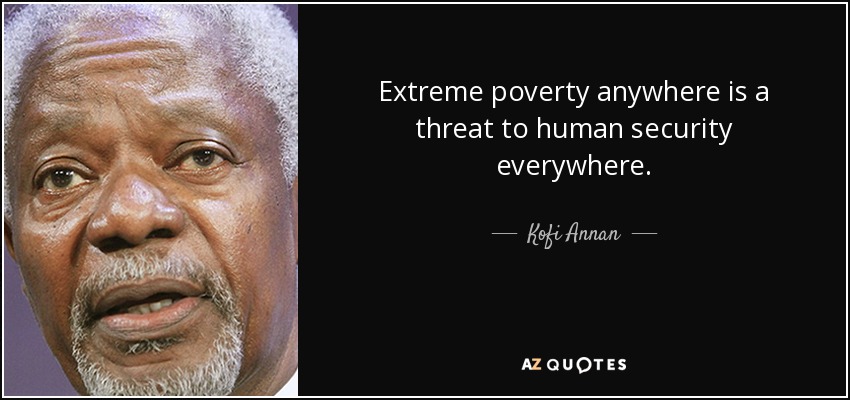Hey there, today we want to take you on a journey through a topic that’s not only close to our heart but also has global ramifications. We’re diving into the paradox of Africa’s grain dependency and the global food crisis of 2023. It’s a story of untapped potential, unprecedented challenges, and the path to zero hunger. So be seated, and let’s get started!
Africa’s Grain Paradox: A Puzzle Worth Solving
Imagine a continent with vast arable lands, rich in indigenous crops, yet importing most of its grain. That’s Africa for you. Despite having all the resources to be self-sufficient, Africa finds itself in a perplexing situation.
Why is Africa Dependent on Imported Grain?
The answer lies in a complex web of global politics, economic shocks, and climate extremes. The blockade of Ukraine’s Black Sea ports, Western sanctions against Moscow, and the ripple effects of soaring fertilizer prices have left millions of Africans facing an “unprecedented food emergency.”
But that’s not all. Africa’s food import bill has nearly tripled over the past decade. The continent’s focus on export crops like coffee and cocoa has overshadowed the potential of indigenous crops like fonio, teff, sorghum, amaranth, and millet.
The Global Food Crisis of 2023: A Wake-Up Call
Fast forward to 2023, and we find ourselves in a year of extreme jeopardy. The scale of global hunger and malnutrition is enormous, with more than 345 million people facing high levels of food insecurity. That’s more than double the number in 2020!
Understanding the Root Causes Behind Hunger and Extreme Food Scarcity
The seismic hunger crisis has been caused by a deadly combination of factors:
- Conflict: 70 percent of the world’s hungry people live in areas afflicted by war and violence.
- Climate Crisis: Climate shocks destroy lives, crops, and livelihoods, undermining people’s ability to feed themselves.
- Global Fertiliser Prices: High fertiliser prices threaten to reduce harvests of maize, rice, soybean, and wheat.
The Path to Zero Hunger: Solutions and Innovations
Now, here’s where things get interesting. We know the problems, but what are the solutions?
- Embrace Indigenous Crops: Indigenous crops offer healthier alternatives and are more suitable for growing in most regions of Africa. They can empower communities, especially female farmers, and serve as vital food sources.
- Invest in Resilience Activities: Building resilience will prevent increased migration, possible destabilisation, and conflict.
- Promote Food Sovereignty: The ability of each country and community to grow its own food is becoming increasingly vital.
Innovative Solutions like Cropslist
Platforms like Cropslist aim to connect farmers, suppliers, and consumers, promoting sustainable agriculture and local food sourcing. It’s a step towards a more resilient and sustainable food system.
Final Thoughts: A Call to Action
The paradox of Africa’s grain dependency and the global food crisis of 2023 is more than just a story. It’s a call to action. It’s a reminder that we have the power to change the narrative.
We must act now to save lives and invest in solutions that secure food security, stability, and peace for all. The shift towards indigenous crops, self-sufficiency, and innovative platforms like Cropslist could be transformative steps towards a world without hunger.
So, what are your thoughts on this? Are you ready to be part of the solution? Let’s start a conversation and make a difference together.
Until next time!
- Sources:
Ghaedi, M. (2022). Why is Africa dependent on imported grain? DW. Available at: https://www.dw.com/en/with-vast-arable-lands-why-does-africa-need-to-import-grain/a-62288483 (Accessed: 7 August 2023). - World Food Programme. (2023). The Global Food Crisis of 2023: Unprecedented Challenges and the Path to Zero Hunger. WFP. Available at: https://www.wfp.org/global-hunger-crisis (Accessed: 7 August 2023).





0 Comments